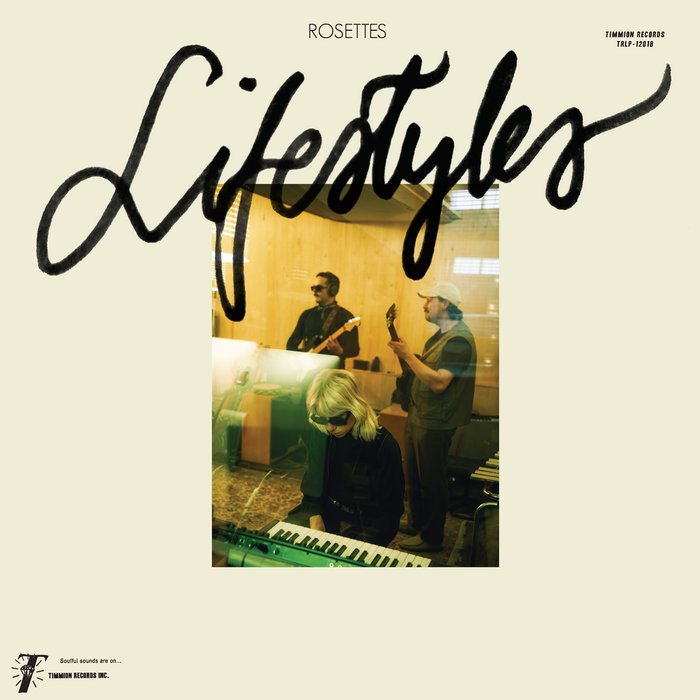
You Know With Friends – Rosettes
this blog is GROOVY – check out great Soul, Funk, Jazz, Hip Hop, Bass, Breaks , Reggae, House n many more TUNES
Hey there, music lovers! Let’s take a funky ride through the history of Deep Soul, an enchanting genre that hits you right in the feels. With roots stretching back to the 1960s, deep soul is more than just a style; it’s an emotional experience that combines gospel fervor with rhythm and blues.
Deep soul emerged from Southern U.S. cities, mixing heavyweight sounds from gospel and R&B. Think of it as a heartfelt embrace—a genre where raw emotions meet silky smooth melodies. The term “deep” itself indicates not just depth in sound but also depth in feeling—songs often delve into themes of heartbreak, love lost, and the struggles of everyday life.
To understand deep soul, let’s tip our hats to its ancestors: gospel and Rhythm & Blues. The church choirs belting out soulful hymns laid down the foundation for vocal techniques that would later be explored by trailblazers like Otis Redding and Aretha Franklin.
Did you know Otis Redding initially thought he was auditioning for a spot in Johnny Jenkins’ band? He ended up stealing hearts with his unexpected solo performance instead!
Often hailed as one of the kings of deep soul, Otis had a voice filled with raw passion that could melt glaciers! His hit “(Sittin’ On) The Dock of the Bay” became an anthem for many—a tune so powerful yet relaxed it feels like sinking into your favorite couch after a long day.
The queen herself! Aretha blended her gospel background with heavy R&B beats to create some unforgettable tracks like “Respect.” She didn’t just want respect; she demanded it—and got it!
While recording “Respect,” Aretha famously called on her father for advice… only for him to suggest singing “R-E-S-P-E-C-T” slower! Spoiler alert: she went with her own groove instead.
This man was more than just music; he was the vibe! Known for his orchestral arrangements and sexy baritone voice, Isaac gave us classics such as “Shaft.” But did you know he almost quit music altogether? Instead, he’s now recognized as one of soul’s most iconic figures.
He used to work at Stax Records packing records before becoming one himself—talk about leveling up!
As we groove through time into the ’70s and ’80s, deep soul began mingling with other genres like funk and disco while still keeping its emotional core intact. Legends such as Al Green infused their music with smooth grooves while tackling topics ranging from love stories to spiritual journeys.
Fast forward to today! Modern artists are channeling this vibrant energy again—think artists like Leon Bridges or Anderson .Paak, who mix classic vibes into contemporary sounds without losing sight of deep emotional resonance.
Even hip-hop has dipped its toe into those rich waters—the sampling game keeps alive that heartfelt spirit found in old-school tracks!
So why do we keep coming back to deep soul? It’s simple: it feels real. Whether you’re dancing alone or crying over heartbreak (hey—we’ve all been there), there’s something undeniably relatable about these tunes. They tap right into human emotion—the highs and lows—and resonate across generations.
Many musicians recorded at Stax Studios found themselves working weird hours due to late-night sessions fueled by fried chicken runs.
There are stories circulating about how Al Green once accidentally burned himself during cooking sessions while trying out different recipes—which may explain his passionate tone!
And then there’s Marvin Gaye—he turned his home studio bathroom into makeshift recording space while dodging studio fees… Talk about taking care of business creatively!
As we jam through these tales—from jaw-dropping performances on stage (and sometimes off!)—deep soul continues captivating audiences worldwide because it’s simply irresistible.
Just remember folks—we’re all partaking in this soulful journey together whether we’re dancing on streets or bopping along on our couches! So crank up those speakers when you spin some Otis or play Aretha’s classics—and don’t forget—to feel every note reverberate within your heartstrings!
Let’s keep spreading those good vibes because after all—that’s what deep soul is truly about.

You Know With Friends – Rosettes
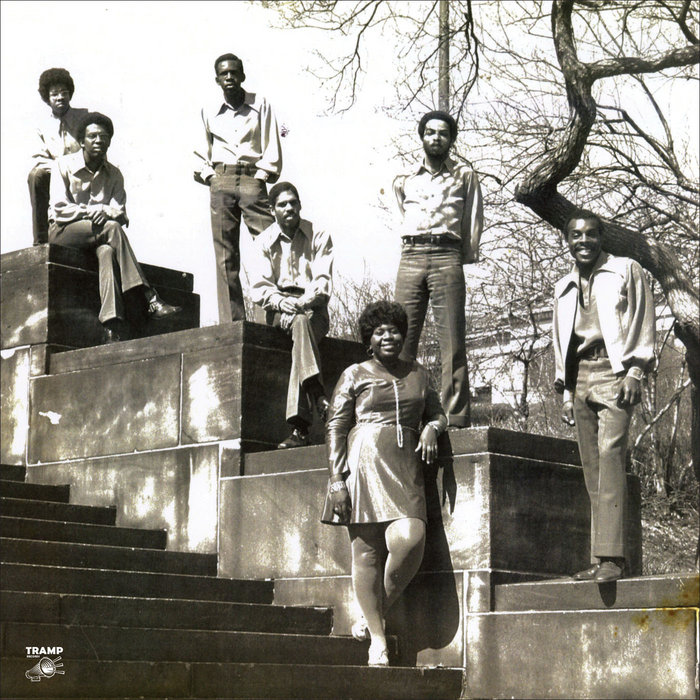
That’s The Kind Of Man I Am – George Johnson Jr. & the Mondells
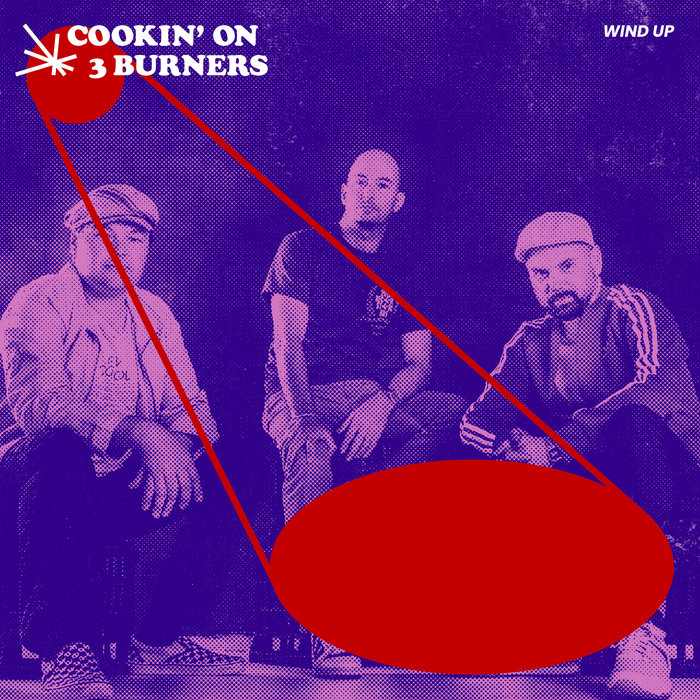
Wind Up – Cookin' On 3 Burners
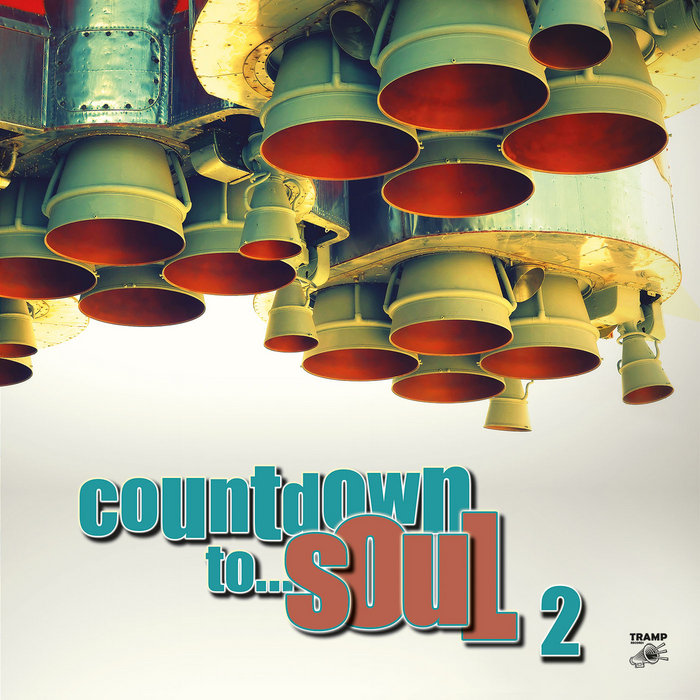
Blueberry Hill – Tramp Rec.

Laura Llorens & The Shadows Of Love – All Or Nothing (Fed Nance Soul Treat) – Golden Rules
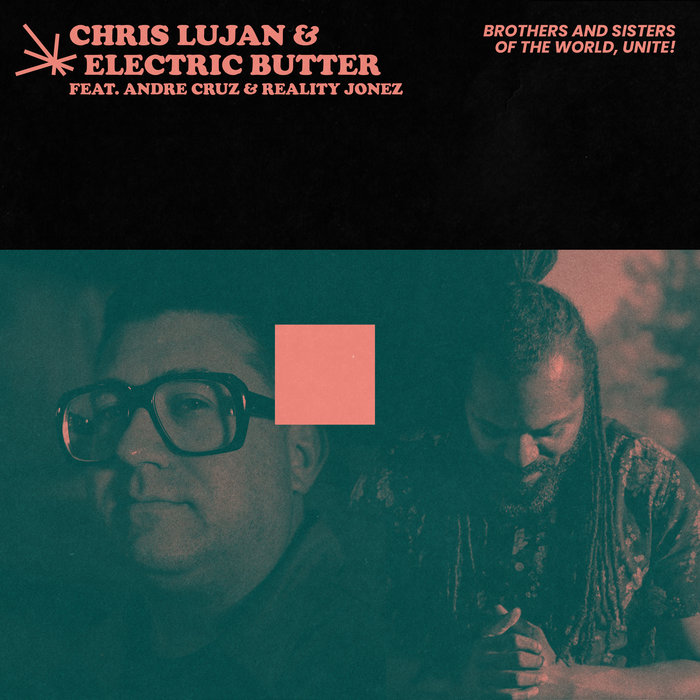
Chris Lujan & Electric Butter feat. Andre Cruz & Reality Jonez – Brothers and Sisters Of The World, Unite! – Golden Rules
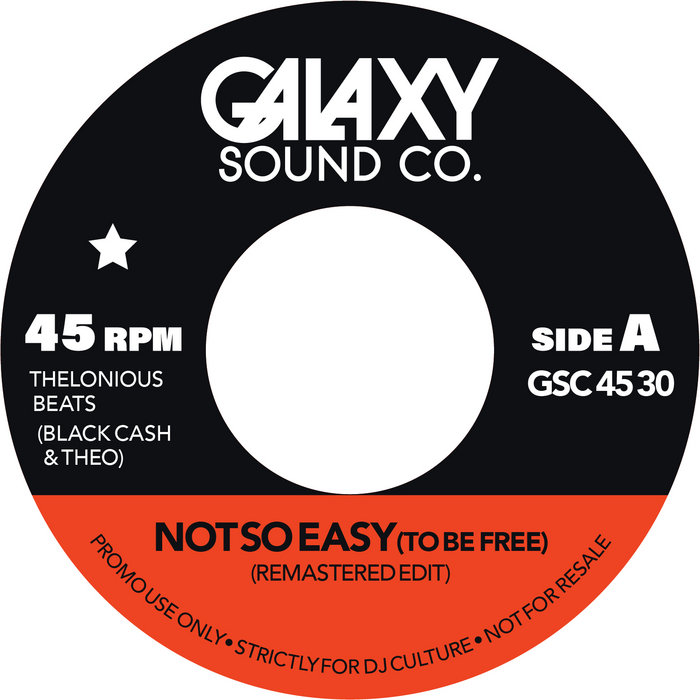
Not SO Easy / Our Lives Are Edits remastered DIGITAL – GalaxySoundCo